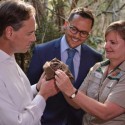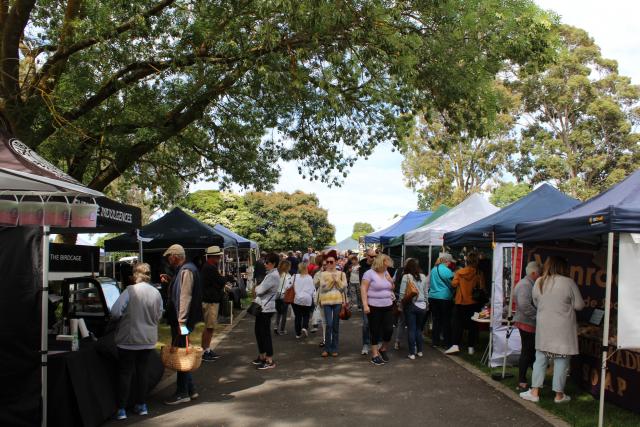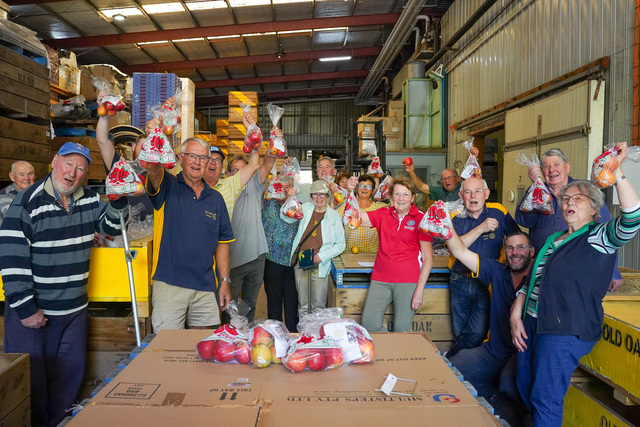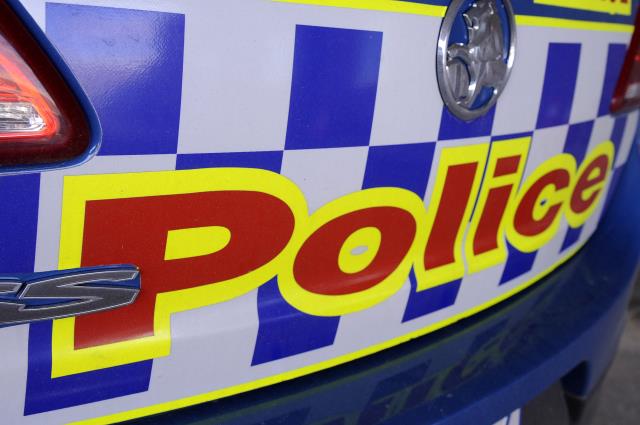By JESSE GRAHAM
THE FIGHT to save the Leadbeater’s Possum is heading towards a tipping point according to the Federal Government, which last week listed the animal as being on the brink of extinction.
But timber industry representatives have said protection measures are doing enough for the animal, and warned of losses if the government closed down local logging.
On Wednesday 22 April, Federal Environment Minister Greg Hunt announced that the status of the possum had been upgraded to critically endangered, following the release of a Threatened Species Scientific Committee report.
The report lists a “high likelihood” that the Yellingbo population of the possum, down to 40 animals, would go extinct in the next 100 years, and a 92 per cent chance of ecosystem collapse in Mountain Ash Forest populations by 2067.
It ends with a damning recommendation for the timber industry, that the most effective way to prevent population decline “is to cease timber harvesting within mountain ash forests of the Central Highlands.”
Mr Hunt said the animal would now receive “the highest level of protection under national environment law”, and that urgent action was needed in the next 12 months to halt declining population numbers.
He said he had written to his Victorian Government counterpart, Environment Minister Lisa Neville, about updating the animal’s draft recovery plan and taking actions to address the upgraded status.
Listing the major threats to the animal as feral cats, fire and habitat loss through timber harvesting, Mr Hunt said the government would take action to eradicate feral cats around the country, as they are also a threat to many other endangered animals.
When asked about the possibility of creating a new national park, which has been long pushed-for by Australian National University Professor David Lindenmayer and environmental groups, Mr Hunt said the Federal Government was not against the proposal.
“It may well be something that the state chooses to do,” he said.
“As part of the Recovery Plan, that’s a question I’ll have to answer.
“We’re absolutely not opposed to it, and … it may put more pressure on the state to do something like that.”
The Mail contacted Ms Neville’s office with questions about the State Government’s stance on the national park proposal – referred to as the Great Forest National Park (GFNP) by supporters – and what measures would be looked at to protect the possum
A spokeswoman for Ms Neville said the government was implementing the Leadbeater’s Possum Advisory Group (LPAG) recommendations endorsed by the previous government, and would “support the establishment of an Industry Taskforce” to bring a “best practice approach”.
“It would involve government, industry and science working together to reach common ground on the issues facing the industry, such as job protection, economic activity and protection of our unique native flora, fauna and threatened species,” the spokeswoman said in a written statement.
But the LPAG recommendations, which came with an $11 million commitment from the government, were dismissed by Prof Lindenmayer last year as not doing enough for the animal.
VicForests’ general manager of stakeholders and planning, Nathan Trushell, said the timber industry and the possum could co-exist, and that the industry had improved practices to protect the animal.
“We share everyone’s concern over the future of this important species and have listened to feedback from scientists and the community about ways we can modify our operations in order to protect the possum,” Mr Trushell said.
“We recognised we needed to make changes to the way we operate since the 2009 fires and have been involved in implementing a range of measures which have reduced harvest levels and resulted in more than 20,000 hectares of potential habitat being set aside.”
Mr Trushell said that if a national park was established, thousands of jobs would be impacted and pressure would shift to developing nations for timber needs.
The Central Highlands population of the possum is estimated to be between 2500-10,000, according to the Scientific Committee report, and 45 per cent of the animal’s habitat was destroyed in the 2009 Black Saturday bushfires.
At a press conference at Healesville Sanctuary on Thursday 23 April, Mr Hunt and Threatened Species Commissioner Gregory Andrews announced a Threatened Species Summit that would be held in Melbourne on 16 June.
Mr Hunt said that he hoped the Victorian Government would take a “strong stance” on the upgrading of the possum’s status, but did not want to speculate on its potential actions.
What do you think of the announcement? Write a letter to the editor to editor@mailnewsgroup.com.au or to PO Box 470, Healesville, 3777.







